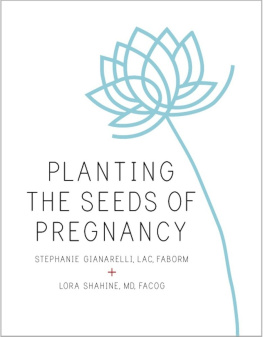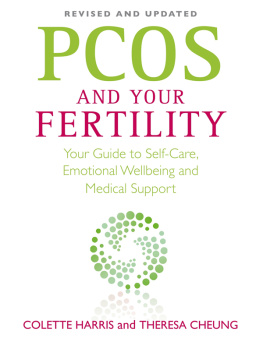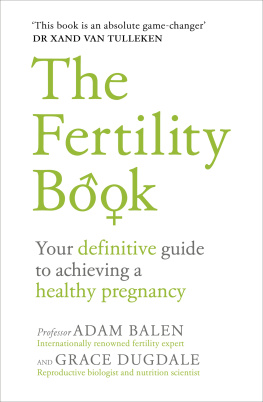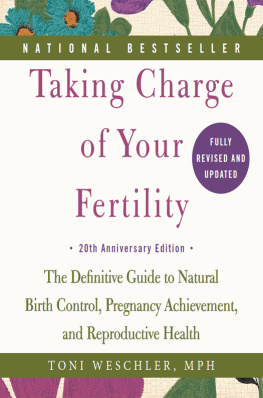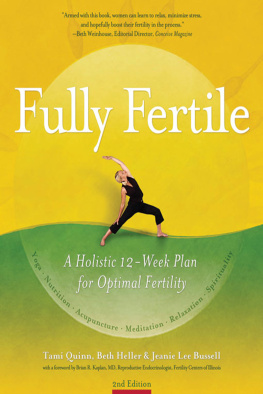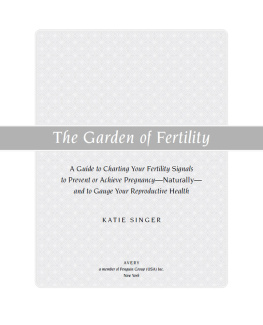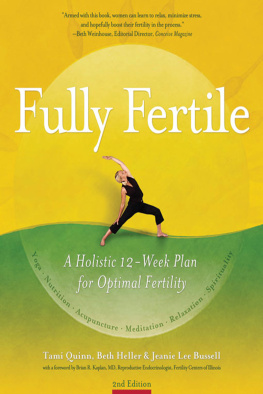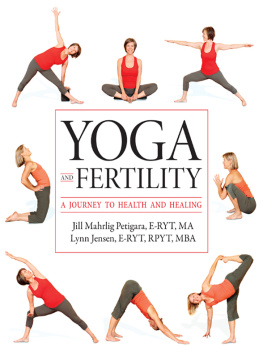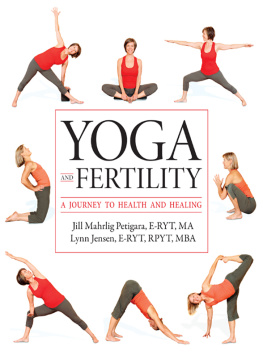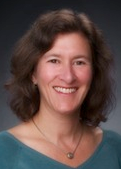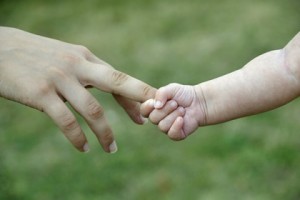Western and Eastern medicine have two very different approaches to infertility, but that does not mean that these two methods have to be exclusive of each other. I am a physician trained in Western medicine and have never formally studied Traditional Chinese Medicine (TCM) and acupuncture, but I have shared patients with Eastern medicine providers and seen benefits like lower stress levels, regulation of menstrual cycles, and successful pregnancies.
The hesitation of Western medicine providers to embrace TCM is partially due to the historical lack of peer-reviewed evidence to support its success in patients, but this is starting to change.
My first exposure to Eastern medicine was one of the first attempts to study TCM with Western medicine techniques. In the summer of 1999, I did an internship in the oncology department at the University of California at San Francisco (UCSF), helping with a research study designed to examine the use of TCM in breast cancer.
The team at UCSF was using Western medical technology (blood tests, mammograms) to measure response to TCM treatments (herbs, acupuncture) in women with stage IV (end stage) breast cancer. The TCM provider was Yeshi Dhonden, a Buddhist monk and personal physician to the Dalai Lama from 1960-1980, who specializes in treating cancer with TCM techniques.
What I saw that summer was drastically different from anything I had ever seen in my medical training. Yeshi Dhonden would examine patients tongues and pulses and prescribe herbs that smelled horrible. We did not cure breast cancer that summer some patients had improvements in their disease (smaller masses on mammograms) and others progressed/worsened. We did, however, start a conversation (at least a segment on CBSs 60 Minutes). I returned to medical school at the end of the internship energized by what I had seen, but faced less than enthusiastic scrutiny from my mentors and peers at the project presentation.
I returned to UCSF for my medical training for residency in Obstetrics and Gynecology and observed patients using moxibustion to turn babies from breech presentation to vertex presentation and acupuncture to induce labor. I completed my fellowship in Reproductive Endocrinology and Infertility at Stanford University and saw some patients using TCM and acupuncture in conjunction with intrauterine inseminations and IVF. My personal observation during this time was that the two practices tolerated each other but remained skeptical of each other.
I continued my casual observations of TCM and acupuncture when I moved to Seattle to practice. As a Western fertility provider, I do a standard evaluation of fertility and recommend Western techniques of ovarian stimulation, intrauterine inseminations, and IVF. One of the most common questions I hear after I give recommendations or when I am discussing a failed treatment plan from patients is, What else can I do?
A lot of my patients are very interested in methods for improving egg quality. It is widely understood that women are born with a finite number of eggs and that as they age, fewer of these eggs are able to result in a successful pregnancy. As we learn more about genetics and its role in fertilization, implantation, and healthy pregnancies, women are asking about methods that could potentially improve fertility by improving function at the level of DNA, mitochondria, and chromosomal function.
Patients ask about supplements, acupuncture, and alternative treatments every day. I tell them that I have had patients benefit from TCM and acupuncture but that it may not be for everyone. Fertility treatment already involves multiple appointments and significant out of pocket costs increasing time out of work for acupuncture treatments and the additional cost of alternative therapies can increase the already time-consuming and expensive fertility journey. I also explain that evidence showing the benefits of Eastern medicine alternatives is limited (however, this is starting to change).
I first started working with Stephanie Gianarelli when she referred a patient to me for treatment. I appreciated her team approach to fertility care. She was the first TCM provider who had ever referred a patient to me directly and I appreciated her respect for Western medicine techniques. She and I agreed that Eastern and Western techniques do not have to be exclusive of each other and that each method can benefit patients in different ways. I appreciate Stephanies focus on the evidence surrounding TCM and acupuncture. She is continuing the conversation started with the UCSF breast cancer project from 1999: Western research methods to examine Eastern medicine techniques.

